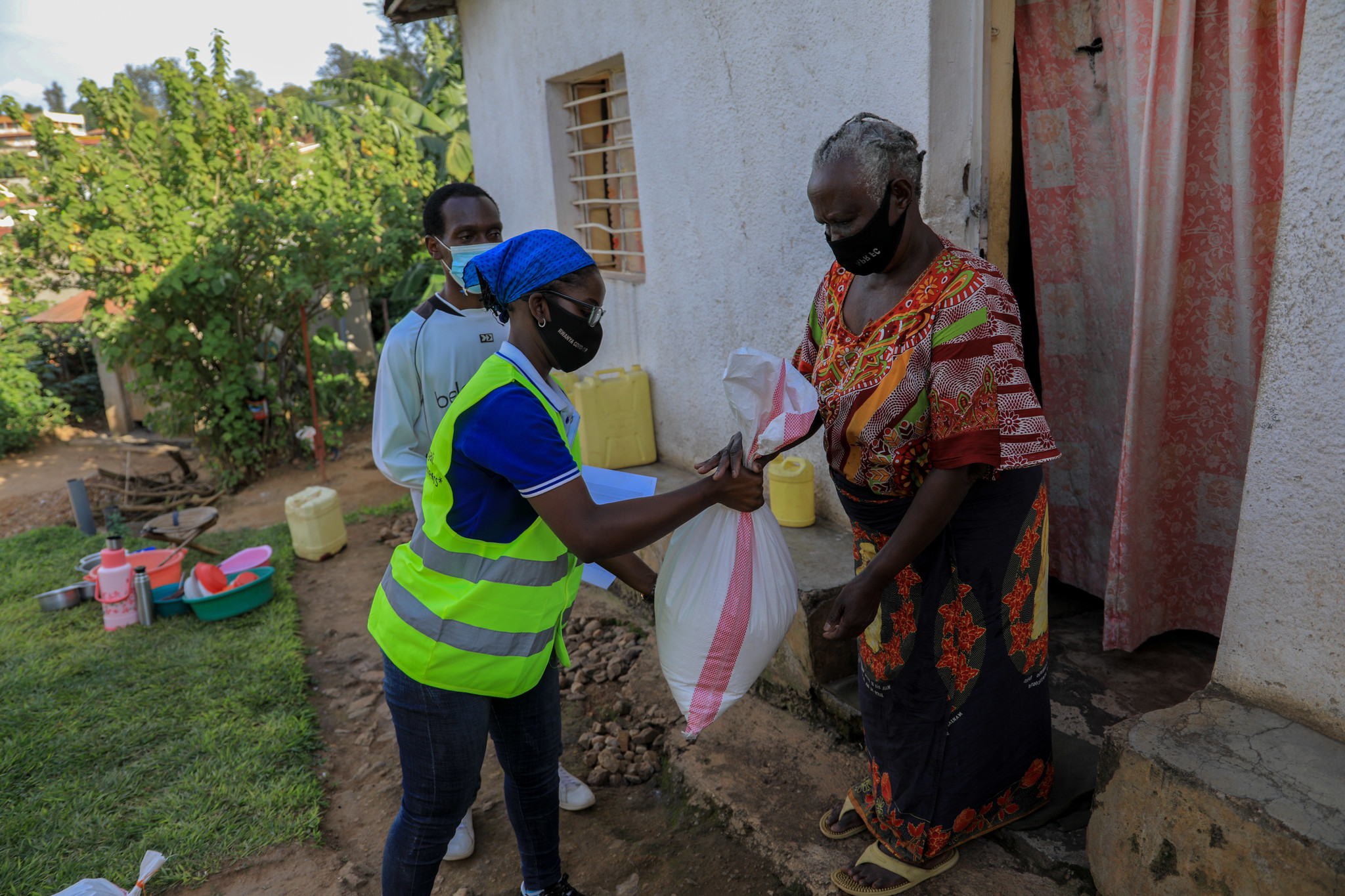

The Covid-19 pandemic has shocked humanity in many ways; from keeping us away from the people we love, depriving us of the things we enjoy and yet had previously taken for granted, affecting us emotionally, financially, and health-wise.
The economy has taken a toll while school calendars have been greatly disrupted. To date, over 100 million cases of Covid-19 have been registered and two million fatalities recorded globally.
In Rwanda, the first coronavirus case was diagnosed on March 14, 2020, and as of February 9, 16,811 people have been infected, with 226 lives claimed by the same virus.
In view of this, how has our country been able to sustain an effective response to the pandemic? One may ask. Over the last two decades, the government of Rwanda continuously focused on building the necessary health system for its people.
When the pandemic hit, the country had laid a solid foundation enabling a swift preparedness, surveillance and response plan. Within five months, a 20-fold increase in our testing capacity was observed; contact tracing was initiated at district level and isolation and treatment centers were decentralized across the country.
The sacrifice and tremendous efforts by healthcare personnel, scientists, and law enforcement professionals have helped us mitigate the effects of this deadly virus.
However, we have recently experienced a surge in positivity rate (number of positive results out of a total number of performed tests). The positivity rate gives you a sense of the current level of transmission of a disease in the community.
In November 2020, Rwanda’s positivity rate stood at 0.1% while in January 2021, it was around 5% and currently, following a lockdown of Kigali, the rate has reduced to about 3 per cent.
When the positivity rate goes high, the number of severe cases and the mortality rate are also likely to increase. Under such circumstances, the health system runs the risk of getting overwhelmed and medical units specialized in caring for the severely sick can get strained. It will inevitably increase likelihood of more fatalities.
Therefore, it is paramount to continue bringing this percentage down.
The recent lockdown was therefore necessary to lower our positivity rate. Even after it was lifted, it is important for each one of us to keep playing our role and follow preventive measures.
Now that scientific evidence points to airborne transmission, we must focus on the proper wearing of mask and avoiding the "3Cs”: Avoid "closed” spaces with poor ventilation, along with "crowded” and "close-contact” settings.
These are the most effective ways to significantly reduce the transmission of the virus in the community while keeping our economy running.
The Covid-19 pandemic is leaving a cloud of uncertainty as to when it will end. As a people, we all have a role to play in curbing it. No one is immune to the virus – No one can beat the virus alone.
More than ever, global solidarity is needed in the form of exchange of knowledge, vaccines and effective cures to fight the pandemic. We need to protect each other in order to protect ourselves. The contributor is a member of Covid-19 Rwanda Joint Task Force.


